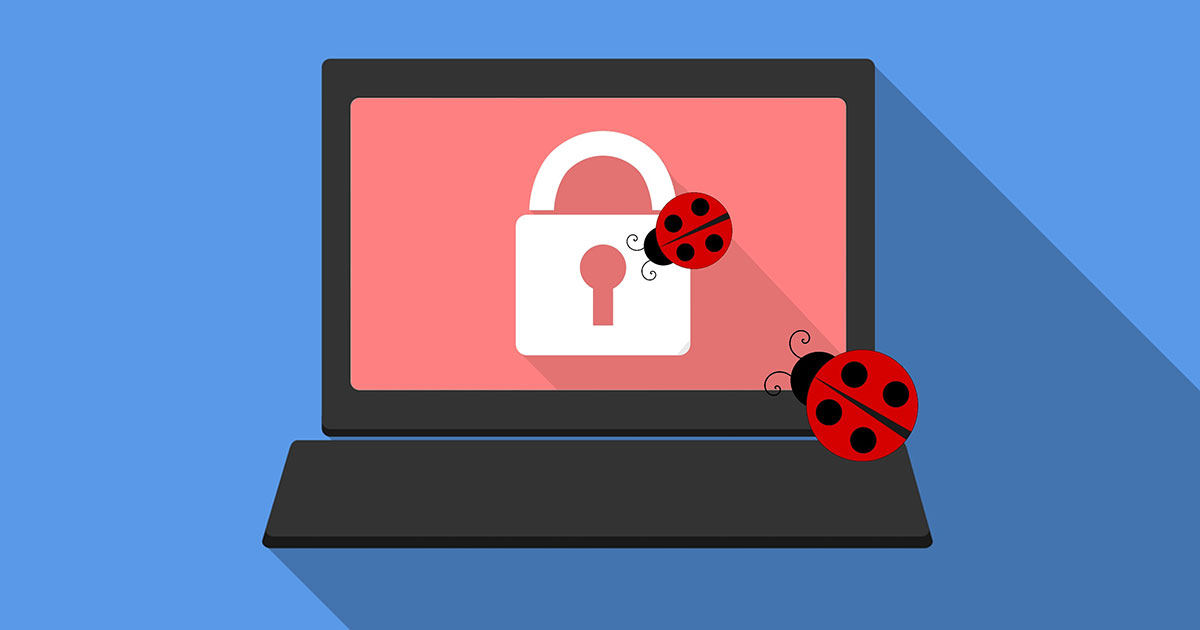
Why Every Future Ethical Hacker Needs to Study This Real-World Case?

In cybersecurity, the biggest threats often come from within, not from anonymous hackers in dark basements. A recent breach at Neblio Technologies Pvt. Ltd., the parent company of leading crypto platform CoinDCX, serves as a crucial case study for every aspiring ethical hacker to analyze.
What occurred was more than just a breach; it was a failure of protocol, trust, and basic cyber hygiene. This led to a loss of Rs 384 crore ($44 million). If you are studying or planning to study ethical hacking, information security, or network defense, this case should definitely be on your radar.
What Really Happened?
At around 2:37 AM on July 19, attackers managed to transfer cryptocurrency valued at Rs 384 crore from Neblio's wallet into six unknown wallets. The method wasn't a complex exploit or a nation-state attack. Instead, the entry point was a company-issued laptop misused by an employee for freelance work.
Yes, one laptop. One mistake. One avoidable vulnerability.
The Human Vulnerability: A Lesson in Endpoint Security
The internal investigation revealed that Rahul Agarwal, an employee at Neblio, had used his official laptop, which was only for company use, for a side job.
The consequences?
- The device may have been exposed to unverified software or unsafe platforms.
- It could have been compromised through remote access tools, malware, or phishing.
- Hackers may have taken advantage of saved credentials, unencrypted wallet data, or insecure connections.
Later, Rs 15 lakh was found in Rahul's personal bank account, raising legal concerns, although he denied knowingly aiding the breach.

The breach at Neblio Technologies triggered a serious legal response. As mentioned in The Indian Express, Police filed a case under various provisions of both the Information Technology Act and the Bharatiya Nyaya Sanhita (BNS). Under the IT Act, the charges include Section 66 for computer-related crimes, Section 66C for identity theft, and Section 66D for cheating by impersonation using digital resources. Meanwhile, under the BNS, the case includes Section 303 for theft, Section 316(4) for criminal breach of trust, Section 318(4) for cheating, and Section 319(2) for impersonation with digital intent. These legal classifications show how seriously Indian authorities take cybercrimes in the crypto space. Future ethical hackers must understand not just the technical aspects of breaches but also their legal and regulatory implications. This is not just a warning; it's an ongoing investigation that could influence how India deals with crypto security and digital crime moving forward.
A spokesperson for Neblio stated:
"We are fully cooperating with authorities. The matter is under active investigation, and we urge people to avoid speculation."
The Bigger Lesson for our Future Cyber Security Warriors: When Tech Meets Trust
This isn't just a crime story — it's a case study for every student stepping into the tech-driven workplace. Whether you're studying computer science, cybersecurity, business, or finance, the biggest takeaway is clear: Even one careless action can have billion-rupee consequences.
This wasn't a complex zero-day exploit or a foreign cyber army. This was one laptop. One ignored rule. One blurred line between personal and professional.
What Ethical Hacking Students Can Learn from This?
As you are going to be the future ethical hacker, your responsibility is to think like an attacker and act like a defender. This breach provides insights into how things can go wrong, even without malicious code being written by the victim.

Key Technical & Behavioural Lessons:
- Endpoint Security Matters More Than You Think
Even the best firewalls and wallet encryption are useless if the end-user device is compromised. - Policy Violations Equal Attack Surface
Ignoring rules about device usage or access control opens up new attack pathways. Ethical hackers must enforce policy as part of security design. - Social Engineering and Internal Threats
No system is safe if the user is misled, careless, or dishonest. Learn to spot human errors; these are often the first signs of trouble. - Incident Response and Digital Forensics
Once a breach happens, ethical hackers should know how to trace logs, check wallet transactions, and identify the exploit chain. Follow-ups like this teach you what traces attackers leave behind. - Prevention is Better Than Cure
In ethical hacking, your value lies in spotting risks before attackers do. Use this case as motivation to train in red teaming, penetration testing, and endpoint defense.
Tools, Techniques, and Topics to Explore
Want to take action after reading this? Here's where to start:
- Wireshark or Zeek: For network packet analysis
- Kali Linux and Parrot OS: Practice ethical hacking in a safe setting
- Metasploit: Learn how various vulnerabilities are exploited
- Burp Suite: Test web application vulnerabilities
- TryHackMe or Hack The Box: Simulate real attack scenarios
- OpenVAS or Nessus: Understand vulnerability assessment
Also, study real-life attack chains, including supply chain attacks, wallet exploits, and remote access trojans (RATs).
Think Twice: The Enemy Isn't Always on the Outside
This incident is particularly enlightening for students not just because of the financial losses, but also because a seemingly minor lapse in judgment led to a major cybersecurity crisis.

One trusted employee.
One work laptop used recklessly.
One open door that should have been locked.
So, ask yourself today: Would you have seen the risk in Rahul's actions? Would you have flagged the weak link before it broke? Can you be the professional who stops the next Rs 384 crore breach?
If the answer is yes, you're on the right path.
Exclusive Blog
Read All Exclusive Blog »
With world working from home, it's time to make it enjoyable and effective.
Read DetailsHacking Tools
Explore All Hacking Tools »
UFTP is an encrypted multicast file transfer program for secure, reliable & efficient transfer of files. It also helps in data distribution over a satellite link.
Read Details










